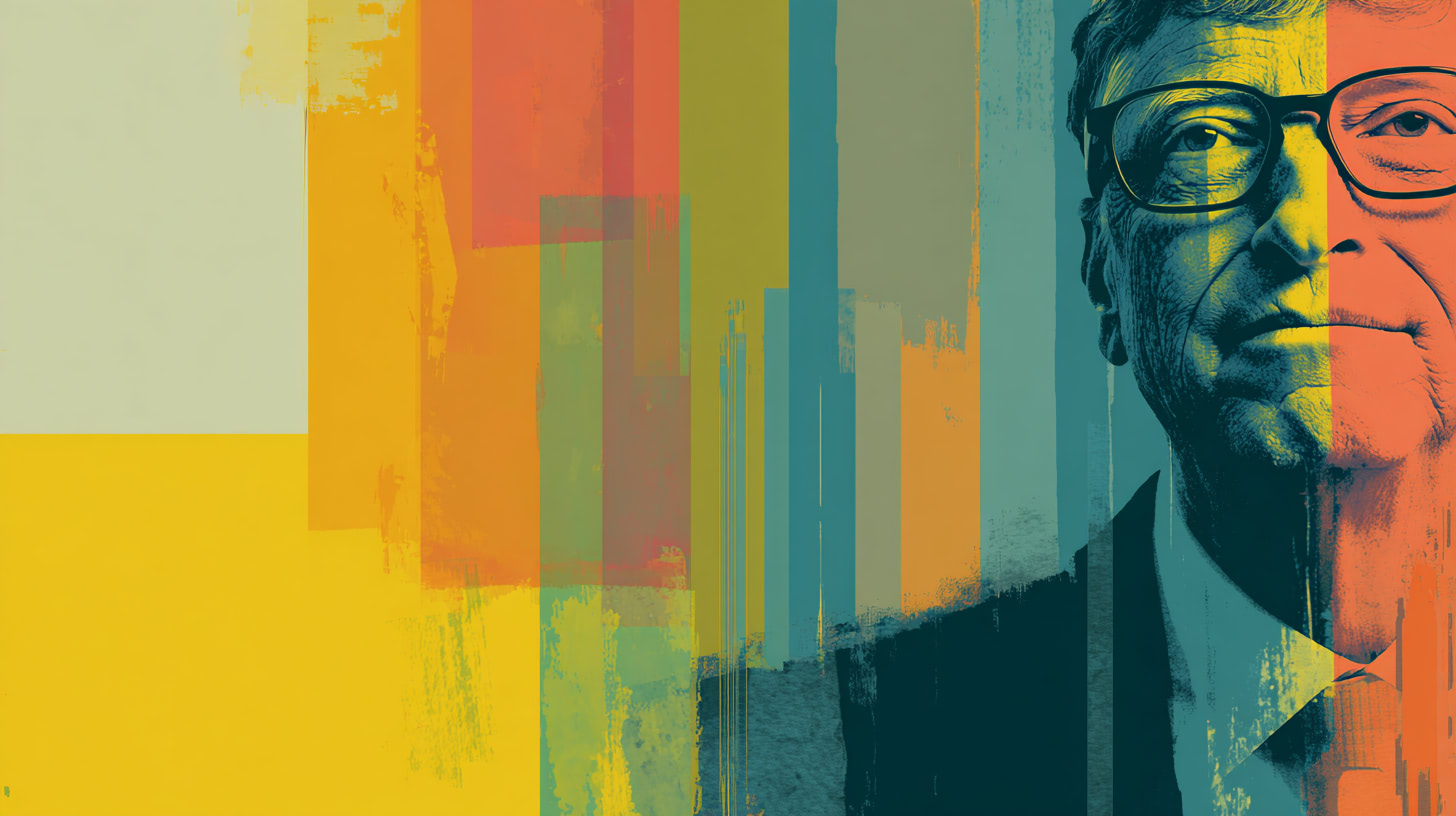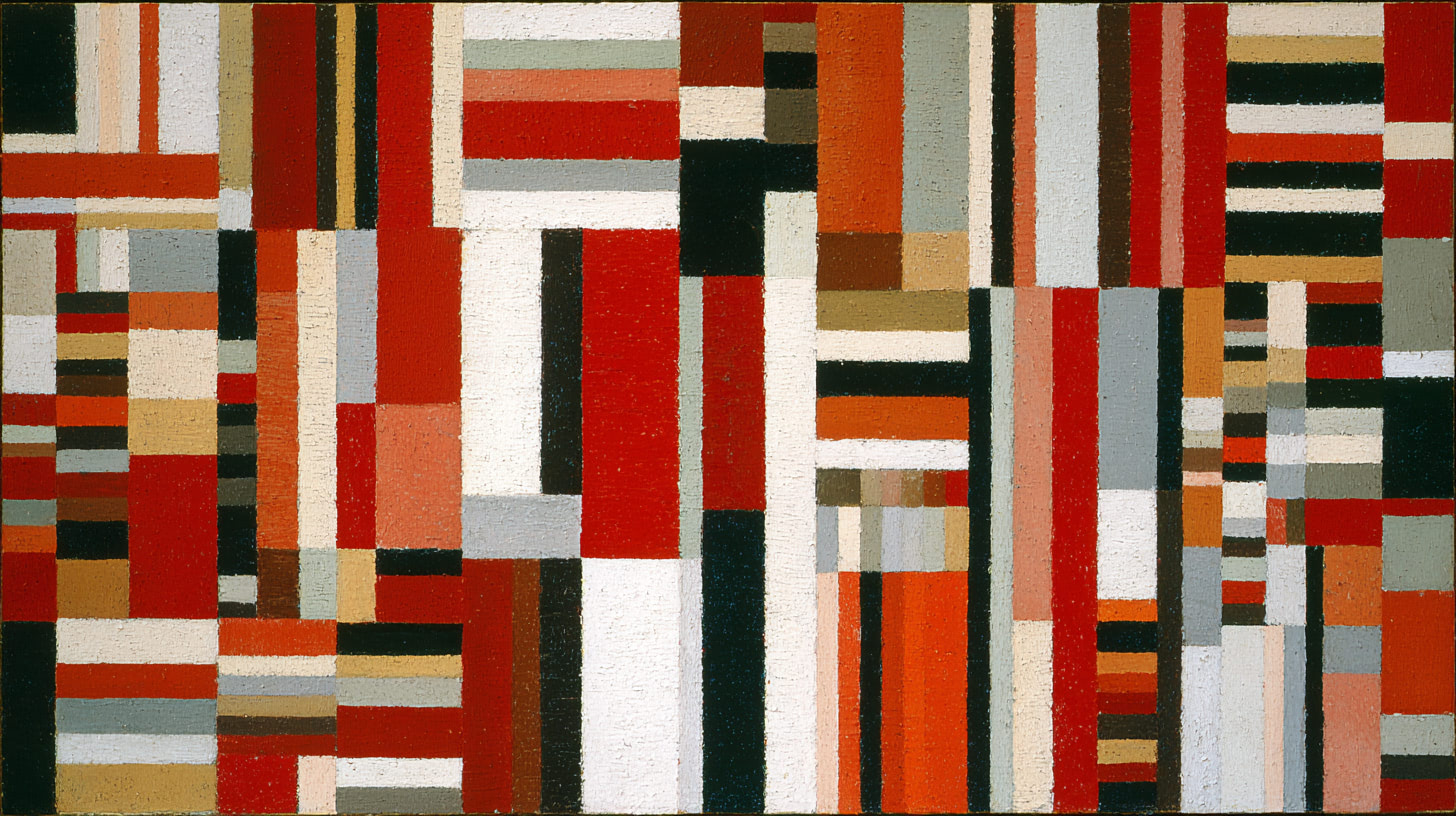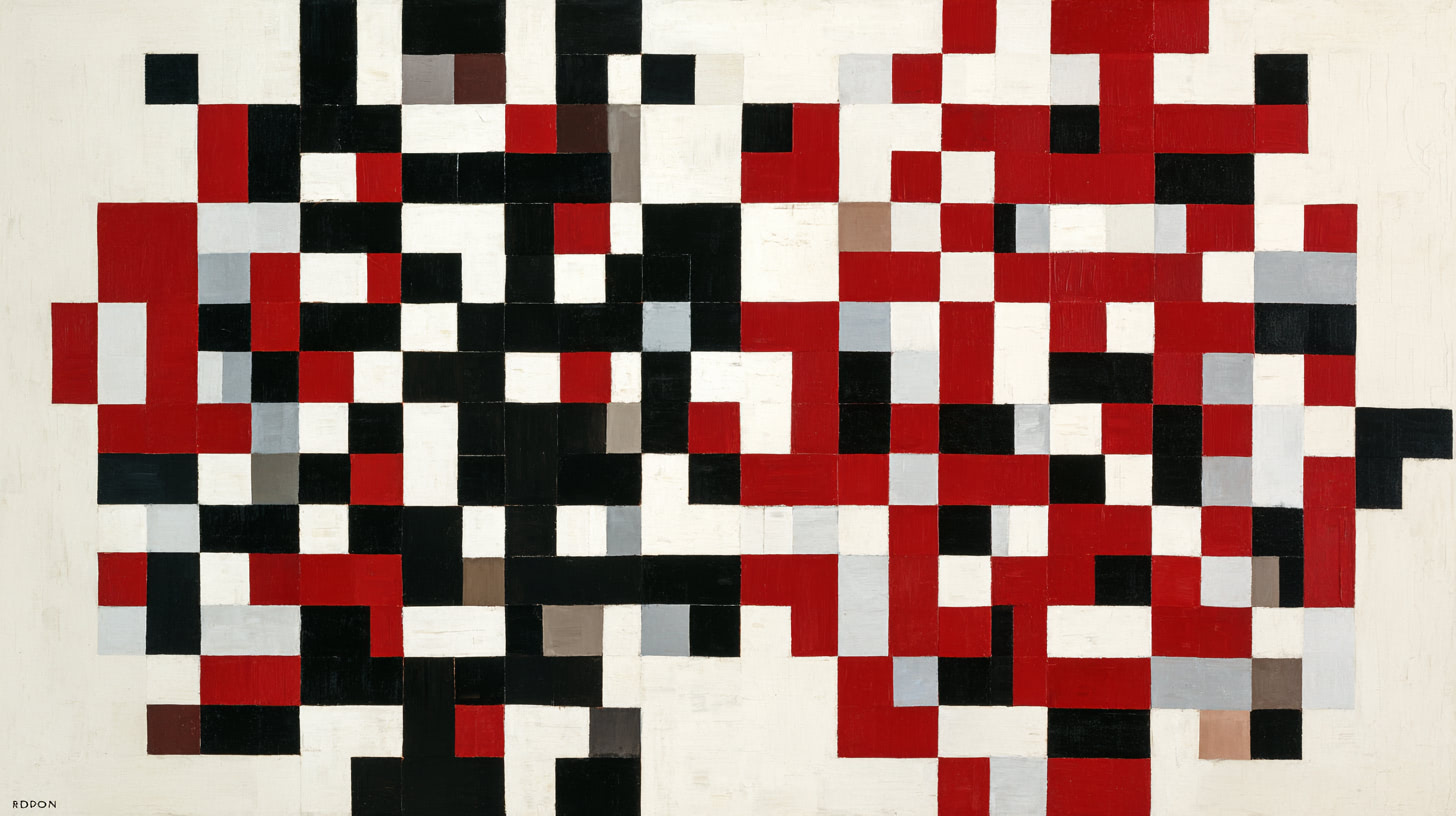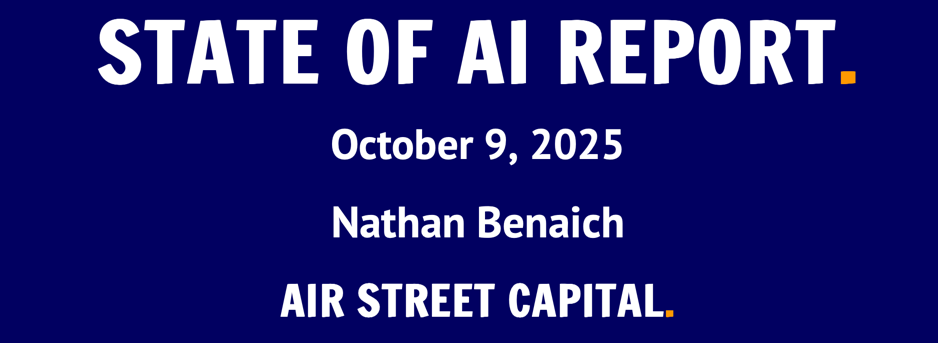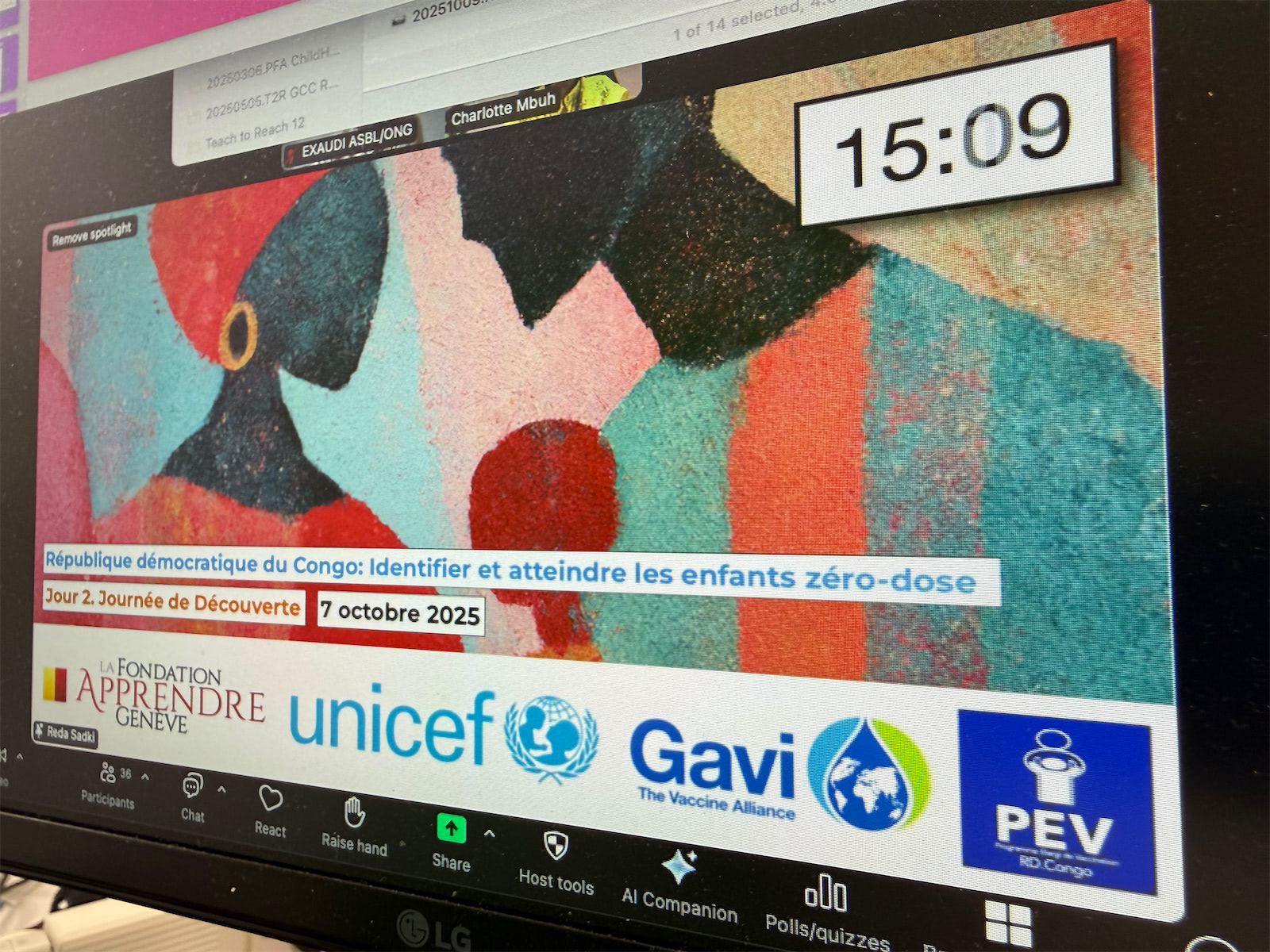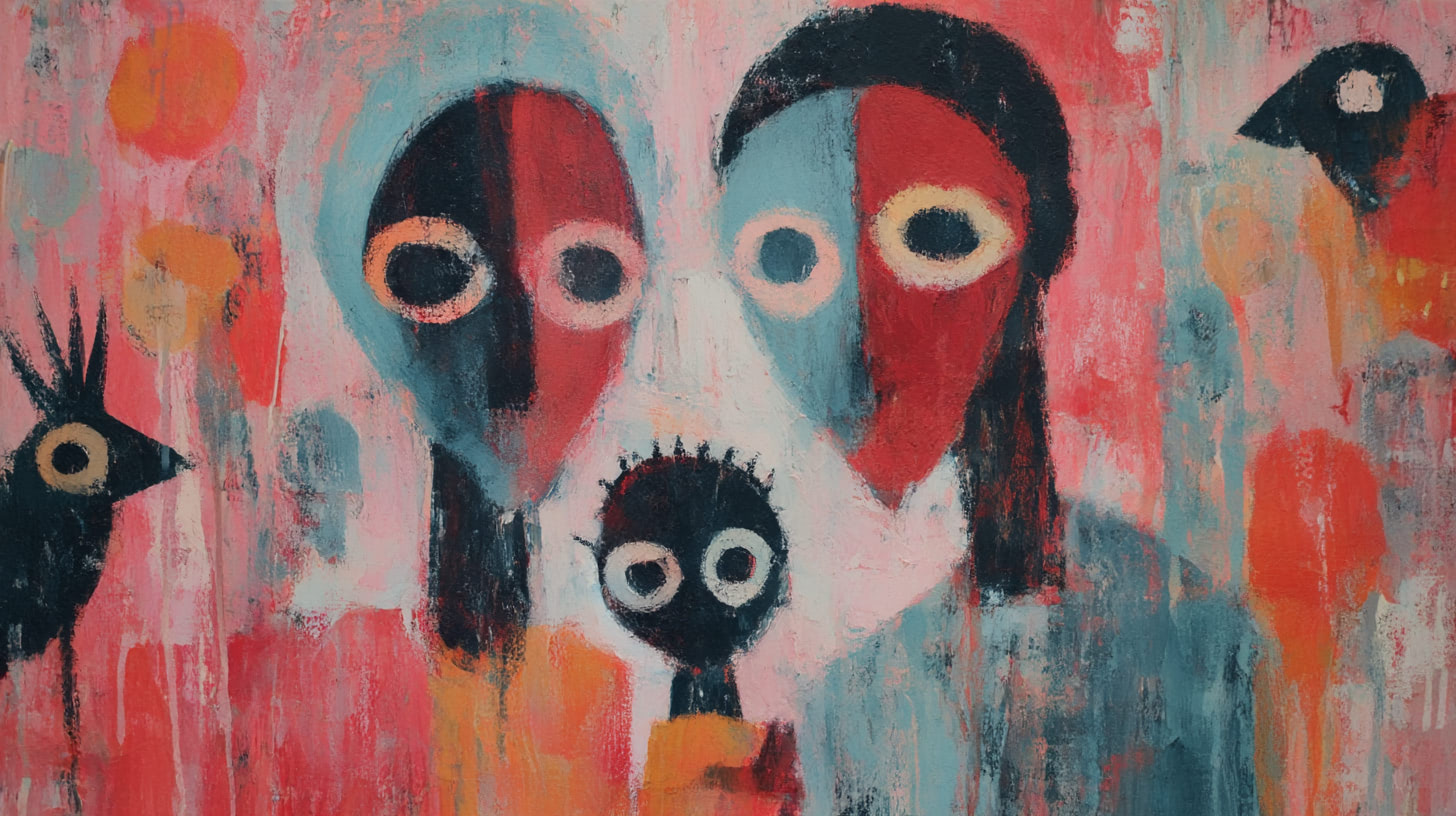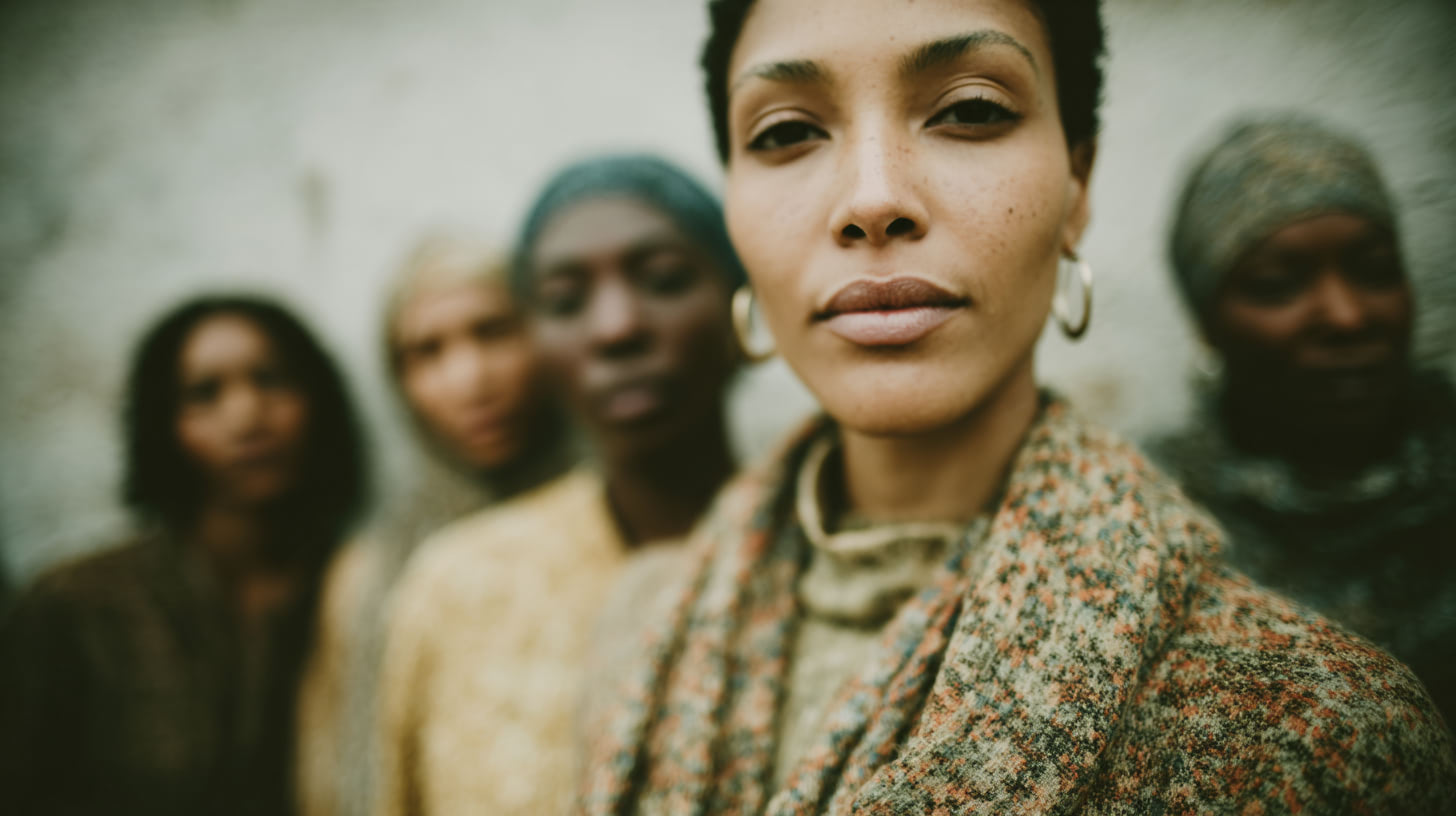
On November 7, 2025, Reda Sadki, Executive Director of The Geneva Learning Foundation, joined the panel “The Future of Work: AI and Green Skills” at the 9th 1M1B Impact Summit held at the United Nations in Geneva. Moderated by Elizabeth Saunders, the discussion explored the rapid redefinition of the workforce by artificial intelligence and the green transition. The following is an edited transcript of Mr. Sadki’s remarks.
